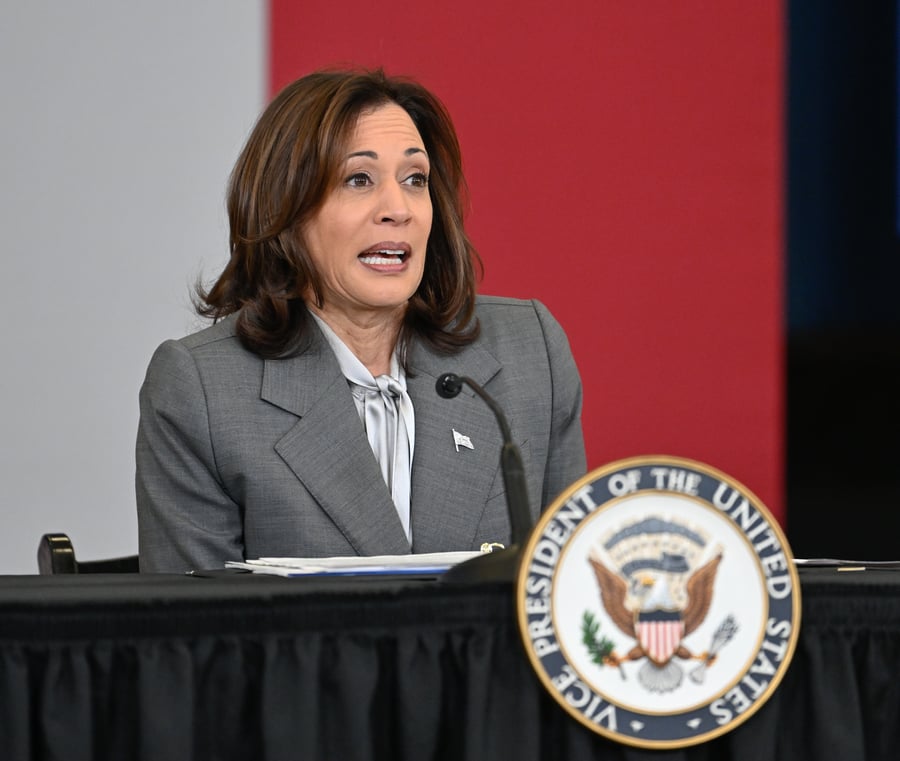
Pediction markets like Polymarket had previously shown Harris in a dead heat with Donald Trump. But since October 4th, the Vice President's chances of victory have plummeted. Trump now holds a 60% predicted likelihood of winning, with the gap continuing to widen.
So what changed in between her leading the polls and her sudden decline in popularity?
She started giving interviews. After becoming the Democratic nominee in August, she maintained a limited public presence. In fact, she didn't give any interviews until August 29, when she appeared on CNN with conditions including pre-recording and the presence of her running mate, Tim Walz.
The campaign then moved to seemingly safer territory, arranging appearances with celebrities like Oprah Winfrey and Meryl Streep. However, even these friendly venues exposed weaknesses. During her conversation with Winfrey, Harris struggled to defend her proposed $5,000 small business grants, which the media mogul pointed out were insufficient for starting a business.
Immigration policy has proved particularly challenging. As the administration's border czar, Harris has faced tough questions about the approximately 8 million undocumented border crossings during her tenure. Her standard response of blaming Trump has failed to satisfy voters, with even former President Bill Clinton publicly criticizing the administration's border policies.
A "60 Minutes" appearance intended to show Harris handling tough questions backfired when unedited footage leaked, revealing significant editing of her responses, particularly regarding foreign policy questions about Israel. The campaign faced further setbacks when conservative journalist Chris Rufo published research alleging substantial plagiarism in Harris's book "Tough on Crime," with passages apparently copied from Wikipedia.
With just ten days until the election, polls suggest the race remains technically competitive in key swing states like Michigan, Pennsylvania, North Carolina, and Arizona. However, Harris's dramatic polling decline since beginning regular media appearances suggests her campaign's original instinct to limit public exposure may have been correct.
The election will be held November 5, 2024.
Israel Hayom contributed to this article.








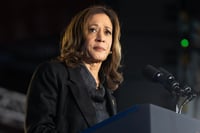



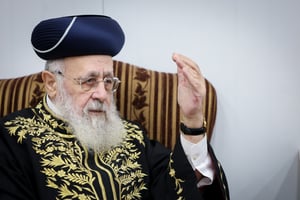
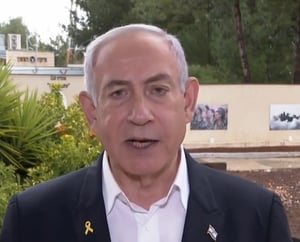


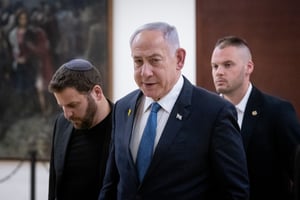
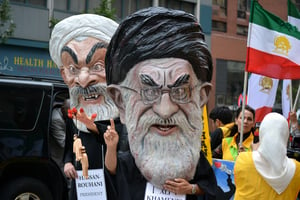
0 Comments